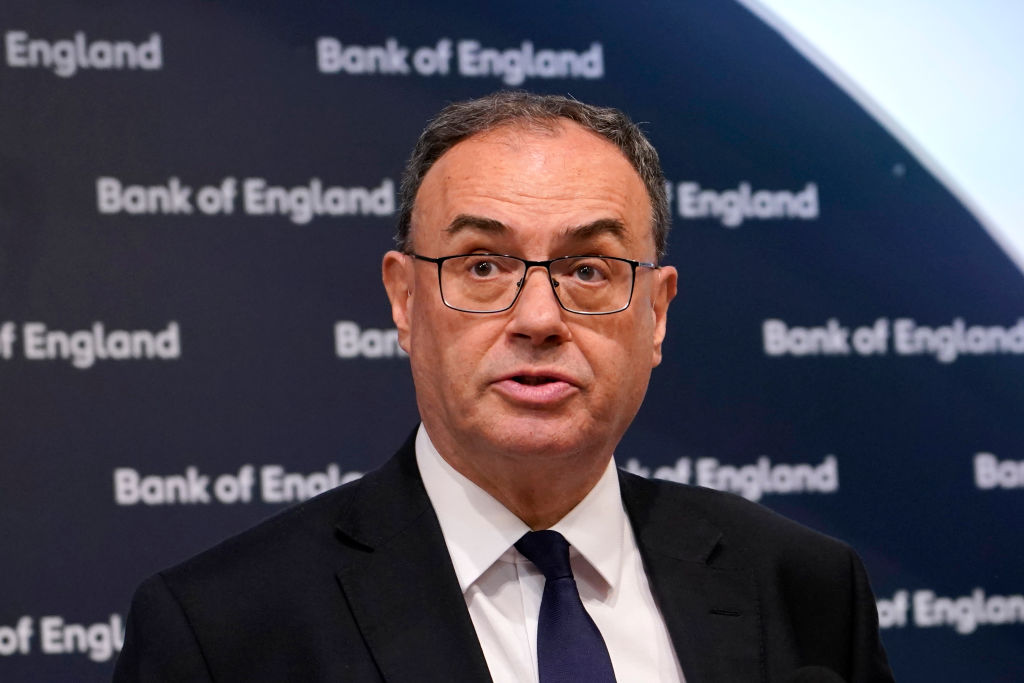With a week to go until Rachel Reeves’s first Budget, Andrew Bailey has today sounded a note of gloomy caution. Speaking at a Bloomberg event in New York, the Governor of the Bank of England channelled the mythological Cassandra, whose warnings were accurate, but ignored. He told his audience today that ‘Cassandra was fated by the god Apollo to utter true prophecies but not to be believed’.
Bailey’s meant to remind the audience that memories of financial crises recede over time. He warned against ‘the trap of complacency’, saying:
I can observe this happening with the global financial crisis fifteen years or so on. I do get people telling me that ‘you have solved that one so we can relax’. But the work I set out above on theory and history is timeless. So, let’s not fall into the trap of complacency.
His solution is better surveillance tools for regulators, especially for the ‘very large and growing’ non-bank sector, which is less transparent than the banking system. The Governor then stressed five messages on how to safeguard financial stability, including a paean to macro-prudential regulation. Watchdogs, he said, must improve how they provide emergency liquidity to non-banks.
Bailey’s message about the importance of not forgetting the past was aimed primarily at regulators – but there is a warning for ministers there too. It is a reminder of the increasingly complex minefield that the Bank of England has to navigate in financial markets, with obvious political consequences if it does not get these judgments right.
In January, Labour set out its position on financial regulation. Its policy paper on financial services argued that the ‘2008 financial crisis exposed the dangers of an inadequate regulatory regime’. It stressed that in government it would seek to strike ‘a balance between consumer protection, competitiveness and financial stability in defining our policy agenda’. Bailey’s speech today is a reminder of the need for action in this area – and preferably sooner, rather than later.
Rachel Reeves will prefer to focus on other news coming out of America today. The IMF in Washington has upgraded its forecast for UK economic growth. It forecasts that GDP will grow by 1.1 per cent this year, faster than previously thought thanks to falling inflation and lower interest rates helping to drive spending. This is up from the miserly 0.7 per cent predicted in July. The prediction, which rises to 1.5 per cent for next year, puts the agency largely in line with many other forecasters. It is an encouraging sign for the government as ministers seek to fulfil Labour’s election pledge of giving Britain the highest growth in the G7 over consecutive years by the end of the parliament.
The Chancellor hailed the ‘welcome’ announcement but added, ‘I know there is more work to do. That is why the Budget next week will be about fixing the foundations to deliver change.’ Her statement next week will do much to frame the political context for the next parliament. Tax and spend, and winners and losers, will naturally become the focus of Westminster.







Comments